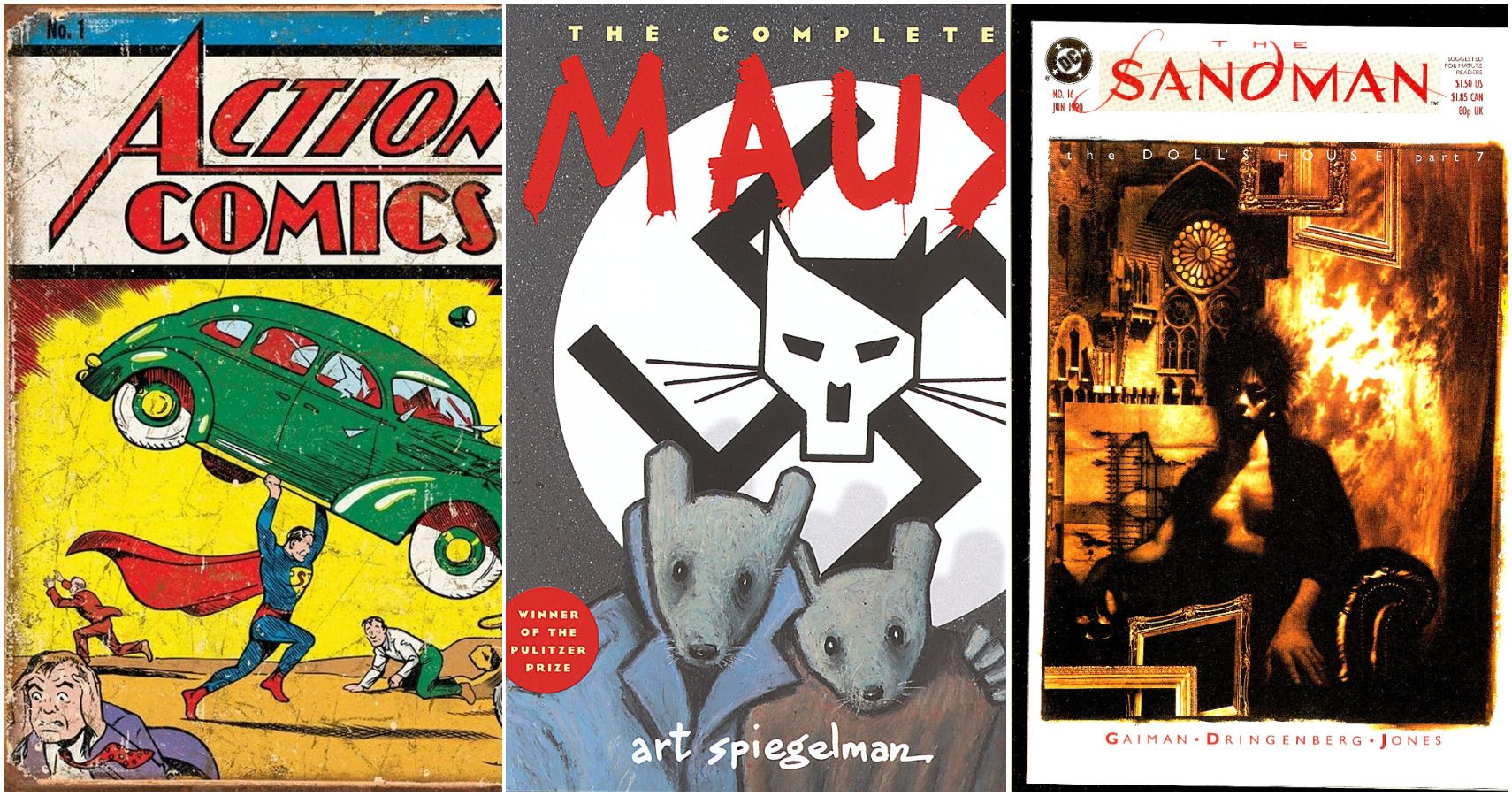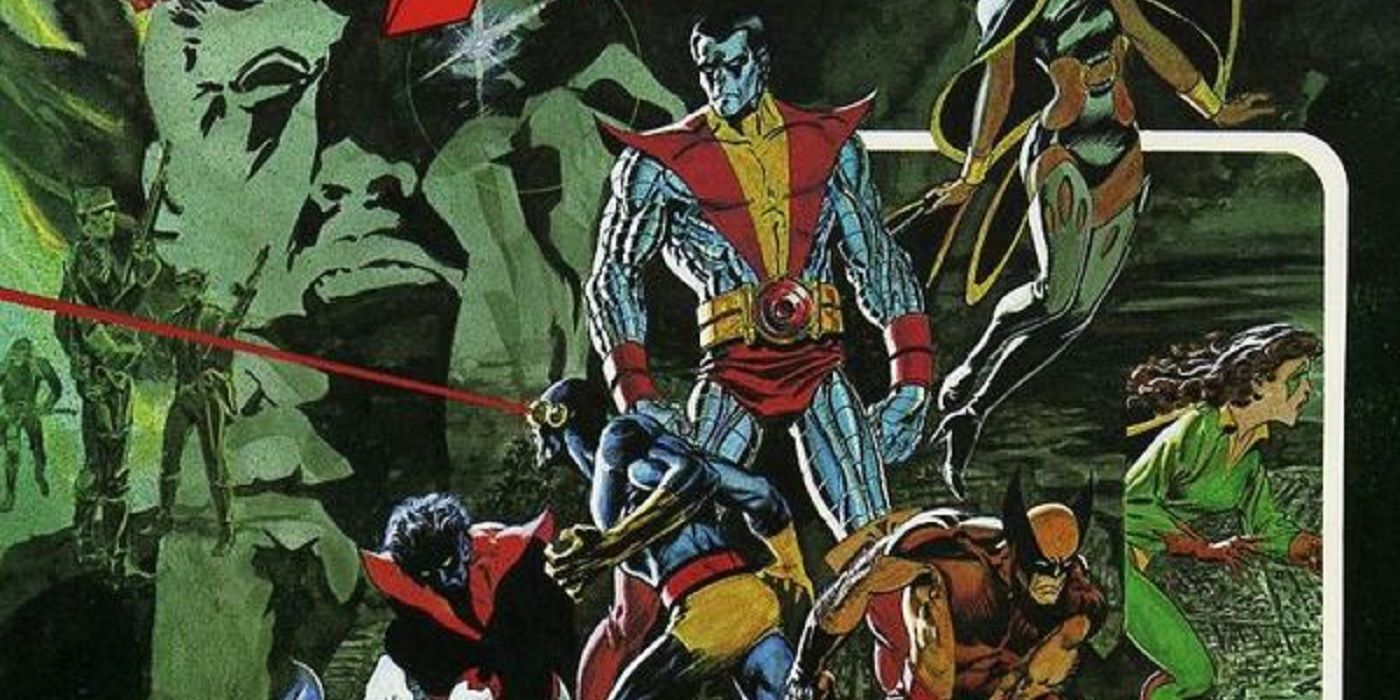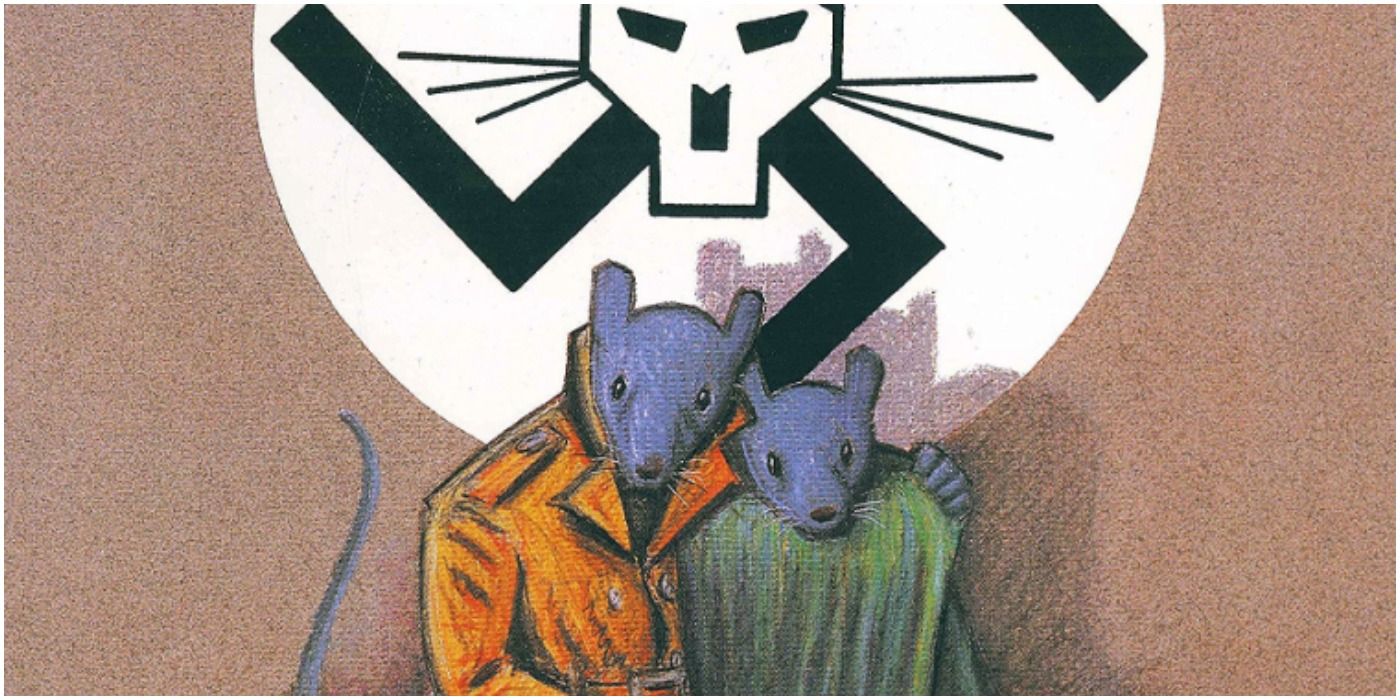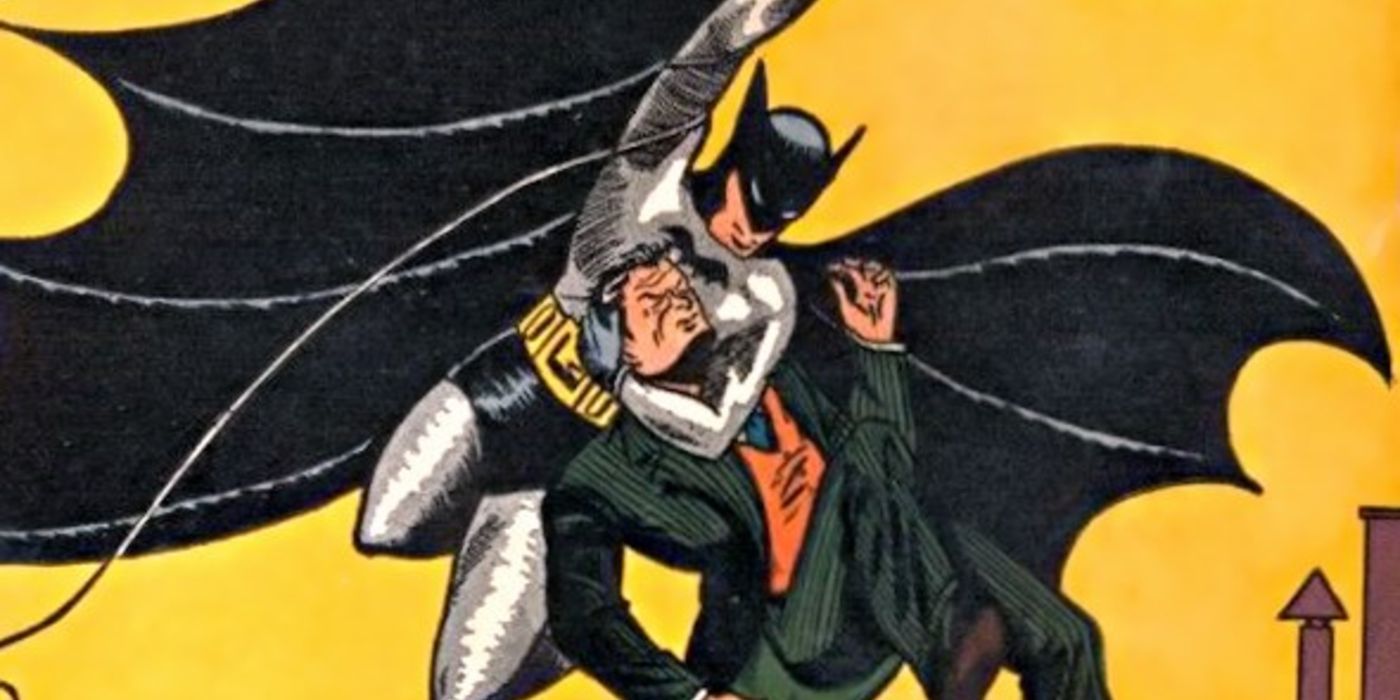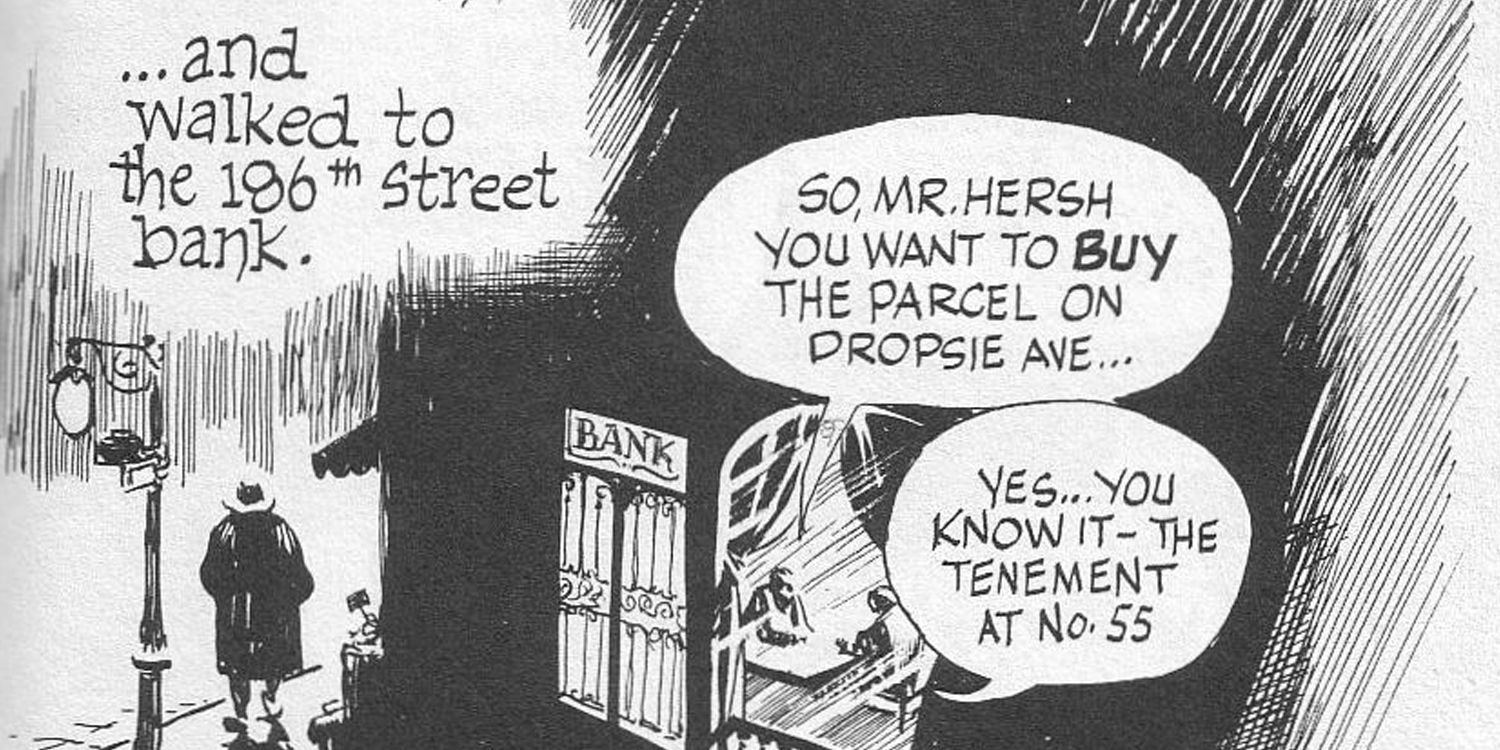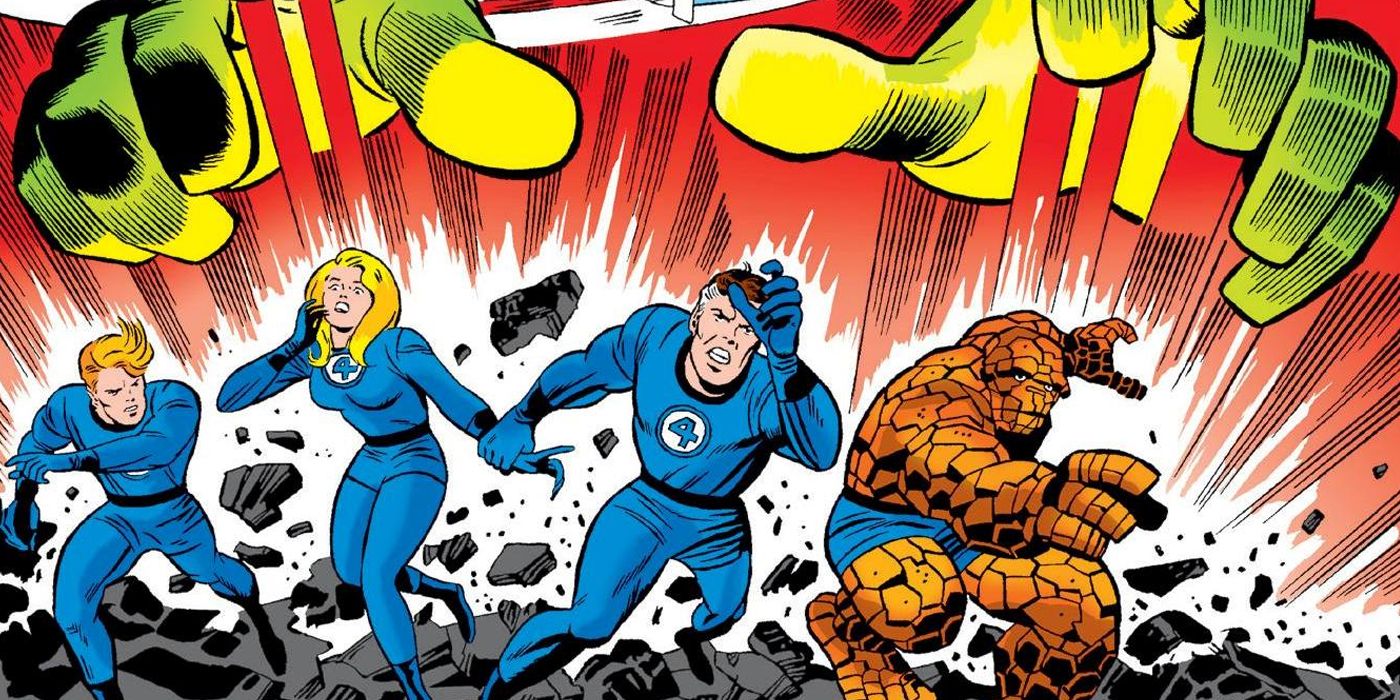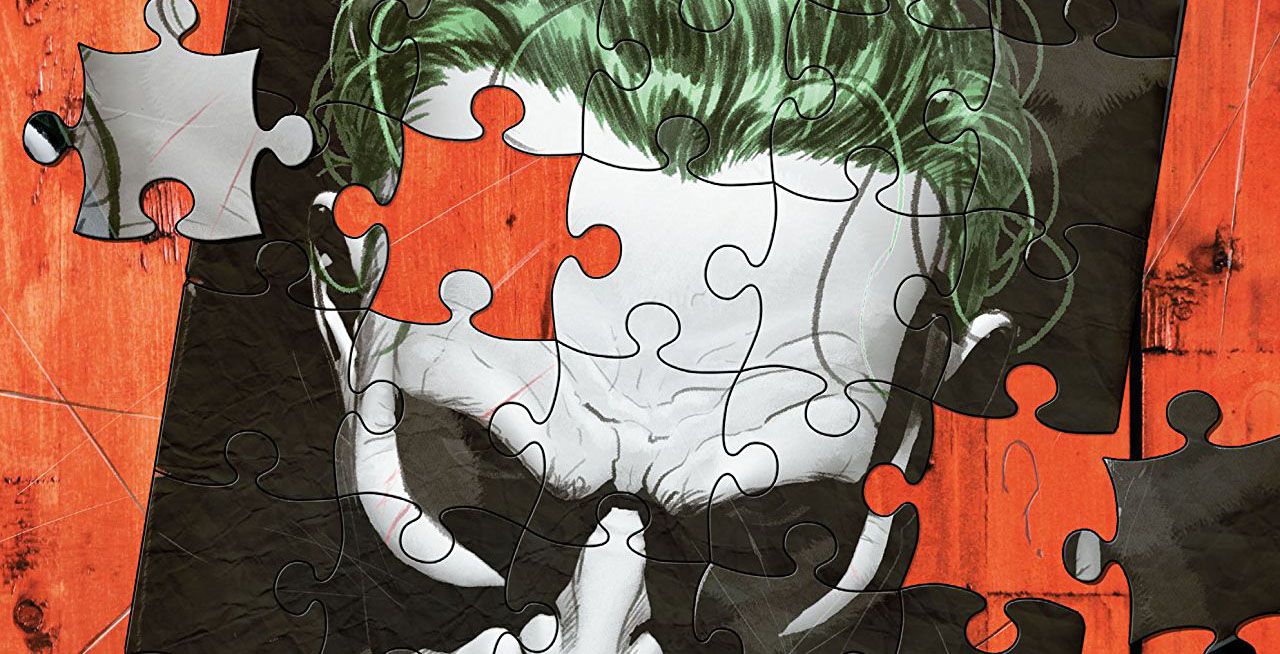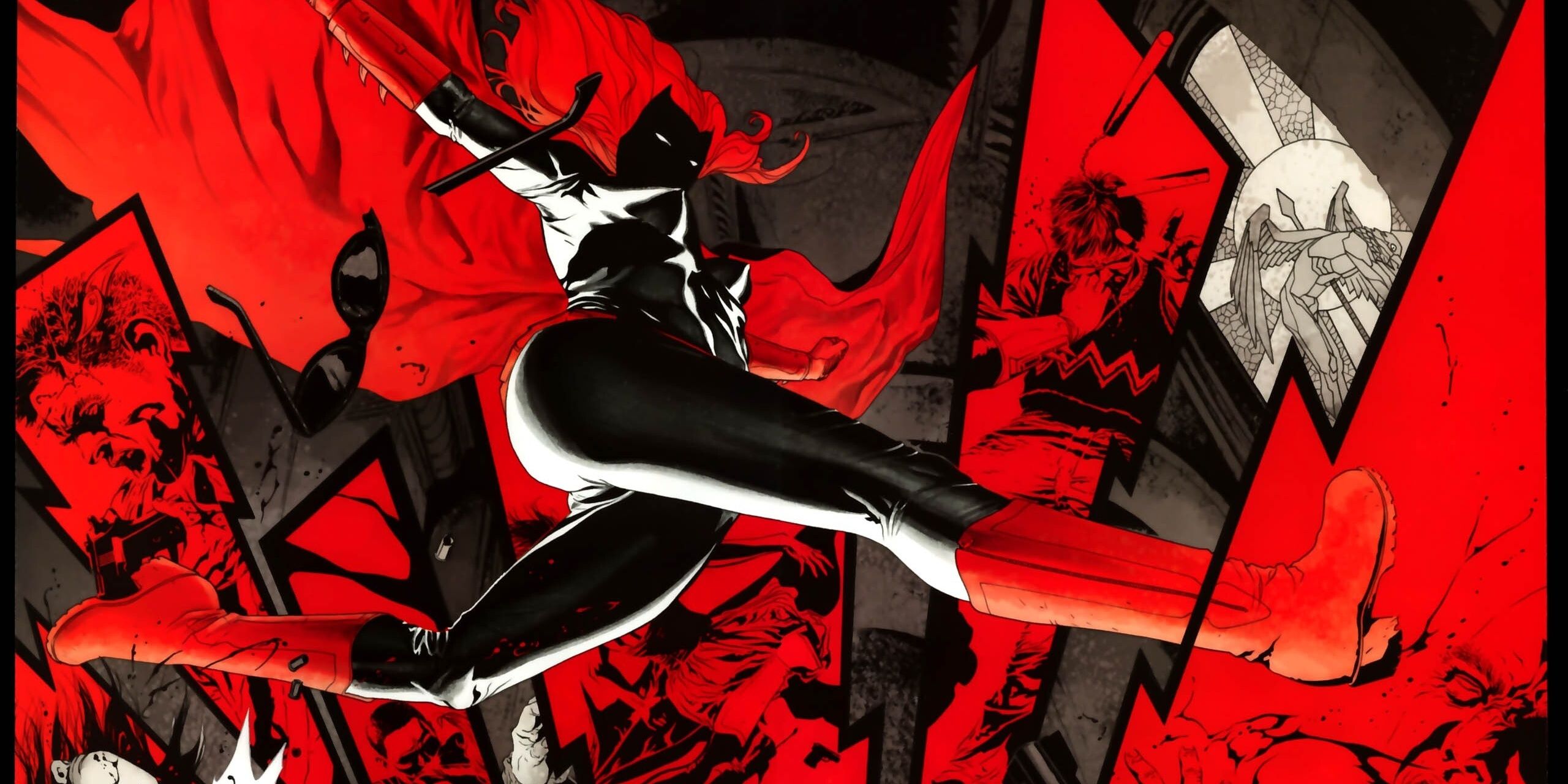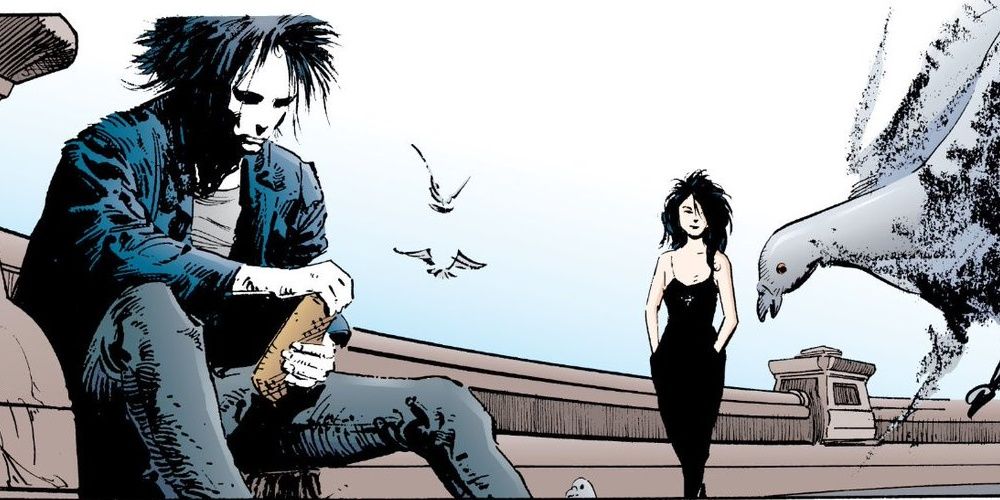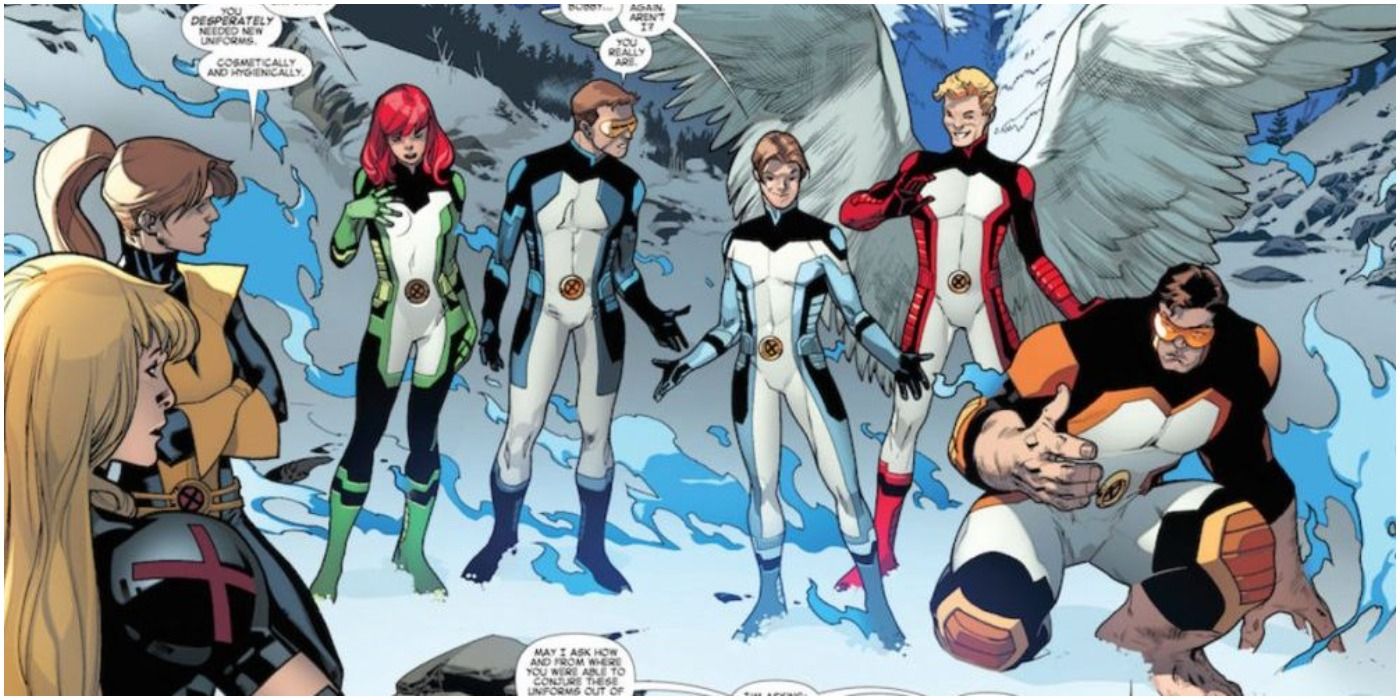Comics are a medium that everyone should be able to enjoy, and considering the diverse experiences of the different characters and creators, all of these different voice should be properly celebrated. Many groups have not received proper recognition for their contribution to the comics industry, and while all of them should be properly credited, it is particularly important to remember the significant role that Jewish creators had on the formation and development of modern comics.
Marvel legends Stan Lee and Jack Kirby were Jewish – and Judaism was an important part of their practices (just look at how Captain America punched out Hitler). Superman was the first modern superhero, and he was created by artist Joe Shuster and writer Jerry Siegel – both of whom took inspiration from the Tanakh (among other sources) when creating their star hero. Batman's creators, Bob Kane and Bill Finger, were also Jewish. In fact, it could be argued that the entire purpose of superheroes is rooted in one of the core values of Judaism: tikkun olam (repairing the world) – something these creators make clear in their stories.
10 X-Men: God Loves, Man Kills By Chris Claremont And Brent Anderson
Writer Chris Claremont made the X-Men into the popular franchise they are today. Claremont is Jewish and lived on an kibbutz in Israel for a while. Jewish themes and characters are at the heart of his X-Men stories. He introduced one of the most recognizable Jewish superhero, Kitty Pryde, during his classic story "The Dark Phoenix Saga" and he made Magneto's survival of the Holocaust one of the defining attributes of the character.
In fact, this whole list could be just examples from Claremont's X-Men run, but it is the story "God Loves, Man Kills" that is most relevant here. In 2003, Claremont wrote an introduction to the graphic novel where he talked about the importance of faith in the story, detailing how Kitty's religious practices influenced some of they key themes.
9 Maus By Art Spiegelman
Written and drawn by cartoonist Art Spiegelman, Maus tells the true story of how Spiegelman's father survived the Holocaust. The book uses surrealist art to designate the different groups, portraying Jews as mice, Germans as cats, and French as frogs – but at no point does this artistic decision lessen the impact of the narrative.
This is a harrowing yet intimately human tale that juxtaposes the struggles Art Spiegelman's father underwent with their current-day father-son relationship as Art interviews his father about his past. Maus is considered one of the most important works of modern Jewish literature, and is one of the comics which helped make the "graphic novel" a respected form of literary high art.
8 Detective Comics #27 by Bob Kane And Bill Finger
Batman was created by writer Bill Finger and artist Bill Kane, making his debut in 1939's Detective Comics issue #27 in the story "The Case of the Chemical Syndicate." This story has been republished numerous times over the years in many different anthologies.
There is debate among scholars and fans as to how much of a role both Kane and Finger had in creating their iconic superhero, and these two even disagreed on who deserved more credit, but both definitely should be credited with creating DC's iconic hero – and both men were Jewish. In the book Up, Up, and Oy Vey: How Jewish History, Culture, and Values Shaped the Comic Book Superhero, Rabbi Simcha Weinstein notes that Kane went to school with another legendary Jewish comics creator, Will Eisner.
7 A Contract With God By Will Eisner
There are a handful of comics creators whose contributions to the industry completely revolutionized everything. Will Eisner is one of them. His book A Contract with God was marketed as a graphic novel, one of the earliest widespread uses of the term.
The book is centered around Jewish characters living in poor conditions in New York, and is inspired by Eisner's own childhood growing up as the son of Jewish immigrants living in a New York slum. Today, the Will Eisner Hall of Fame and the Eisner Awards are named after him.
6 Fantastic Four: The Galactus Trilogy By Stan Lee And Jack Kirby
Stan Lee and Jack Kirby are the iconic writer-artist duo who helped create Marvel Comics as a superhero universe. Together, they created the Avengers, the X-Men, Black Panther, and – Marvel's first superhero team – the Fantastic Four.
Stan and Jack were both Jewish, and elements of their Jewish identity can be seen in their work, especially in Ben Grimm, the Thing, Marvel's first major Jewish superhero. The three-issue Galactus Trilogy is considered one of the greatest stories they ever made together.
5 Batman: The War Of Jokes And Riddles By Tom King And Mikel Janin
Tom King has been one of the most interesting voices to appear on the comics scene in the past decade. He is an ex-CIA agent who has spoken about his Jewish and Midwestern identity. His work spent writing Batman explores themes of mental health as Batman strives to find happiness rather than be defined by his grief over the loss of his parents, while King incorporates lyric poetry through his run.
The story Batman: The War of Jokes and Riddles is one of the definitive arcs of his run, dealing with the tragic events surrounding a war between the Riddler and the Joker that tore Gotham in two.
4 Batwoman: Elegy By Greg Rucka And J. H. Williams III
Batwoman (AKA Kate Kane) is arguably DC's most visible practicing Jewish superhero. One of her earliest and most enduring stories, Batwoman: Elegy, has a compellingly haunting plot that explores her tragic childhood as much as her superhero career, while J. H. Williams III's art is spellbinding.
Writer Greg Rucka has spoken at length about the importance of making Kate Jewish, and has described how important it was for him to have Jewish superheroes in the comics he read growing up, detailing this on the X-Plain the X-Men podcast.
3 The Sandman By Neil Gaiman
Neil Gaiman is a legend. His novels American Gods and Good Omens have been turned into hit TV series, but it was while writing the Vertigo comic The Sandman that he made his name and won multiple Eisner Awards for Best Continuing Series and Best Writer, as well as the World Fantasy Award for Best Short Fiction.
Gaiman was born in a Jewish family in England, and though The Sandman deals with multiple religious and mythological traditions, one of the earliest stories – the famous 8th issue that introduces Death – specifically explores Jewish faith, prayers, and beliefs about the afterlife in one of its most memorable scenes.
2 All-New X-Men By Brian Michael Bendis And Stuart Immonen
The X-Men have had numerous Jewish writers and artists over the years. The team have also served as a metaphor for various oppressed groups, including Jews. They also are a team known for having a quite a number of stories involving time travel.
In Brian Michael Bendis' All-New X-Men, the original team of young X-Men created by Lee and Kirby in the 60s is brought into the present to confront their future selves. This book deals with issues of identity and ethics with brilliant nuance while delivering a fun intense story.
1 Action Comics #1 By Jerry Siegel And Joe Shuster
This story singlehandedly began modern superhero comics. Superman debuted on the cover of 1938's Action Comics #1, a story that has been reprinted numerous times since. This groundbreaking issue can feel a bit like a product of its time, but it is still an amazing read all these years later.
Superman was created by writer Jerry Siegel and artist Joe Shuster, whose Jewish identities are felt in many elements of the character, as the pair took inspiration from the stories of Moses and Sampson. Superman's Kryptonian name Kal-El means "Voice of God" in Hebrew.

